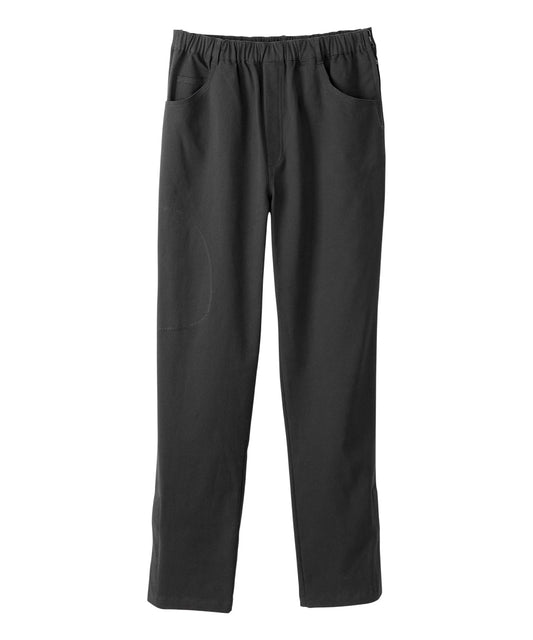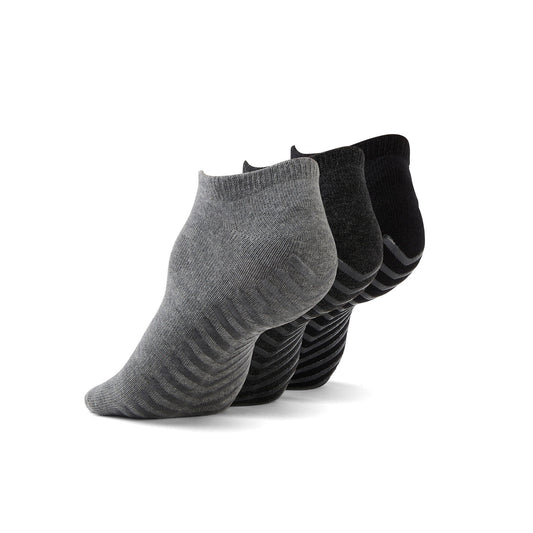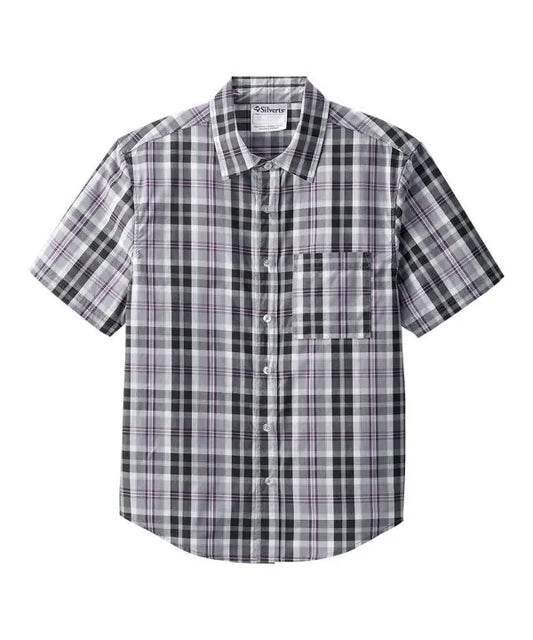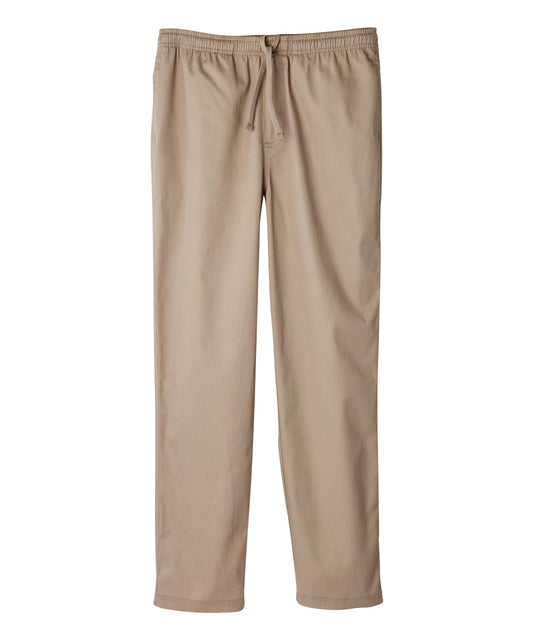Written by Lillian China Smith
What motivated you to become a mental health advocate or an advocate?
I am not only a mental health advocate but an advocate for chronic illness and disability as well. I was motivated by my lived experience with mental health issues, chronic illness, and by being a parent of a child with special needs, which is a role I consider to be more important than my own issues and has taught me a lot about living with mine over the years.
How do you define advocacy, and what does it entail for you?
I define advocacy as being kind, and educating people wherever possible. Typically, before people have some form of direct experience with illness or disability they are not able understand how to interact with it or treat it. So, it is great to try to put people in those shoes and give them first-hand experience, because things can seem scary and overwhelming.
Can you share some personal experiences that have shaped your advocacy work in mental health, chronic illness or disability?
I live with multiple chronic illnesses, which I have detailed in my recent book, The Lupus Diaries (2023), which I released with Pegasus Publishers. Living with mental health issues, and physical health issues, is challenging. You always want to keep them both under control. It takes years of getting the right medicines, meeting the right doctors, and a lot of dedication, determination and persistence. But my own issues have taken a backseat as I am fortunate to be a parent now to a 4 – almost 5 - year old little boy, who keeps me quite busy. He is the reason I am an advocate for disabilities. He has special needs, and has taught me a lot about bravery, confidence, and kindness. He opened my eyes to the special needs community, which is such a beautiful and accepting place.

What are the key issues or challenges you focus on as an advocate?
I advocate personally through my writing, and wrote on The Mighty for many years, sharing bits of my life, to help other people cope with their health issues and to live better lives. In the past, I have written a lot about chronic health, mental health, and have recently released a memoir and self-help style book called The Lupus Diaries: My Life With Chronic Illness (2023). I have yet to write for the special needs community. I am also an active philanthropist on the board of a Canadian foundation. Moreover, I am interested and work on issues that are poignant, or have some personal significance.
What strategies do you use to combat the stigma surrounding mental illness?
Just talk about your experience, as openly as you can. Try to find stories or things that make it relatable to people because, if someone has not lived through it with you, it will seem foreign to them. If they have only seen you at your worst, they may be afraid. Try to explain it to them in bite sized chunks, and break it into digestible pieces. Be humble, but don’t disrespect yourself just because you have a condition. Living with chronic pain or being neurodivergent doesn’t mean you have to let people treat you badly. In the words of Temple Grandin, you are “different, not less.” Don’t try to fit into society’s expectations or restrict yourself to how they define a specific mental health condition. Just be you. The same goes for neurodiversity, and chronic illness, and all varieties of illness.
How do you support individuals who are struggling with their mental health but may be hesitant to seek help?
You can just continue to be there for them and supporting them until they are ready to seek help. Offer support and ways for them to seek opportunities that benefit them. Present these offers in a gentle demeanor as to not overwhelm those that are struggling with their mental health. Always be a good friend that has their best interests at heart.
What are your top 3 products from June Adaptive’s Inclusive Threads collection?
I think that the kids Footwear from June Adaptive is great because it suits kids with Cerebral Palsy. It can fit an AFO shoe, because of the zip along the side. These shoes would be a welcome breath of well-designed fresh air for AFOS. I would recommend these shoes because of how nice they look and well suited they seem for these purposes.
Boy's Marine Camo Lightweight Shoes with Rear Zipper Access

The Inclusive Threads Collection – Imperfectly Perfect Top + Bottoms would be perfect for me because I have fibromyalgia and I live in sweatpants. I don’t like tight clothes or anything that is tight on my skin.
Imperfectly Perfect - Gender Neutral Crewneck Sweatshirt

Finally, I would like to recommend the You’re Made Of Magic Sweater Kids Hoodie. I would recommend these sweaters are because they are advertised for celebrating children who are neurodiverse or are on the spectrum.
You're Made Of Magic - Kids Hoodie

Find mentioned products and more at JuneAdaptive.com. Subscribe to our newsletter at the bottom of this page for more content like this.
Follow Lillian China Smith on:
Twitter/X: lilliancsmith
Threads: @lillianchinasmith
Instagram: @lillianchinasmith
Website: wordpress

















